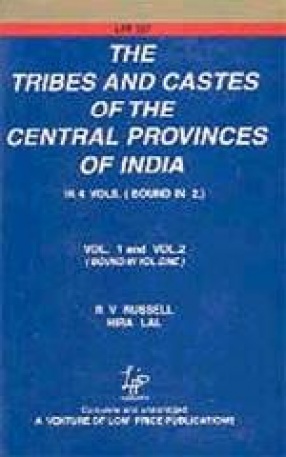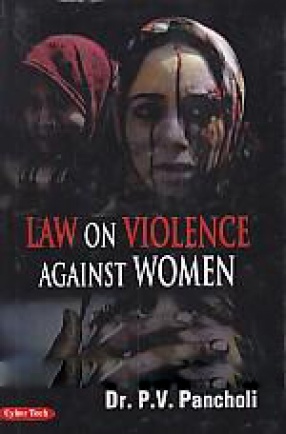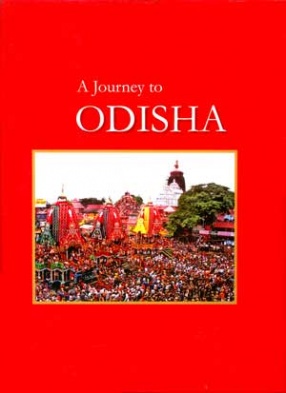This book reviews extensively the Indian culture, heritage and the evolution of modern Indian thought as a result of constant socio-cultural changes and modernization. The empirical data drawn from the rural people in certain rural communities brought out clearly the fertility and family planning differences between different religious groups and caste communities in South India. The higher fertility and low acceptance of family planning among Muslims in contrast to Hindus in addition to the lower acceptance of family planning with more number of living children in the backward, scheduled caste and tribe communities as against the forward caste communities of Hindus are some of the interesting observations of the researcher in the different studies conducted in the rural areas of Andhra Pradesh State. The role of infant mortality and modernization is affecting the family size norms and family planning practices of Indian rural couples also calls for rapid reduction in infant mortality situation besides bringing sweeping changes in the process of modernization of the rural communities to accept centraceptives with fewer number of living children in their families. This book in general will be very much useful to the specialists in fertility and family planning areas for better understanding of the subject and for the effective implementation of the fertility control programmes in the rural areas of India and thereby to attain qualitative improvement of such rural communities in the country.
Health and Family Welfare: Public Policy and People’s Participation in India
This book describes the ...
$21.38
$22.50





There are no reviews yet.